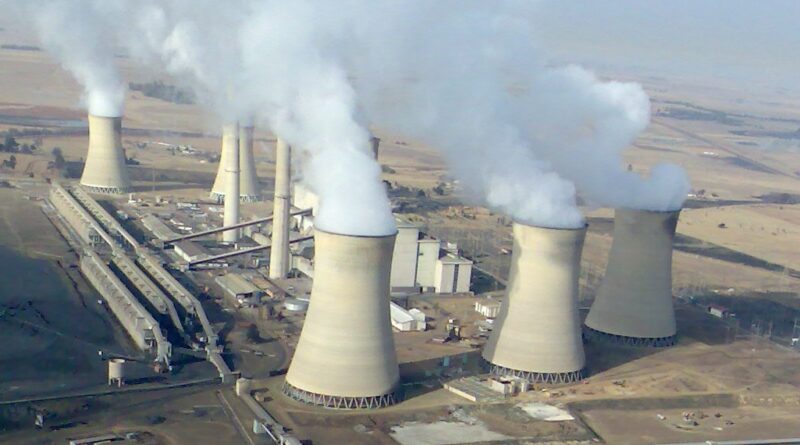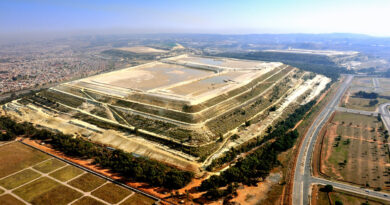Eskom blamed for billions of rands worth of production lost in mining
Billions of rands worth of production in the mining industry has been lost since 2008 when the inability of Eskom to provide consistent, competitively priced electricity was in clear evidence. The Zondo Commission’s report details the level of malfeasance at the entity.
These opportunity costs have deprived the fiscus of billions of rands that could have been spent on education, health, security, and infrastructure, enabling the creation of strong, capable public and private sector entities that put the interests of its people first by fostering inclusive economic growth.
The first report handed to President Cyril Ramaphosa on Tuesday evening by Commission Chairman Raymond Zondo made ten clear recommendations that have the support of the Minerals Council. The Minerals Council urged President Ramaphosa to implement those recommendations with all possible haste to prevent further corruption and maladministration that have become the hallmarks of South Africa.
Corruption is one of the key factors preventing vital local and foreign investment that is needed to grow the economy and to stimulate job creation. The State spends R800 billion a year on procurement of goods and services, making it a ripe source for fraud and corruption.
Tighter, smarter controls and mechanisms must be established to ensure this does not happen again to the extent it has in South Africa. Evidence presented at the Commission showed a link between the corrupt granting of tenders and political party financing.
The Minerals Council gives unreserved backing to the establishment of a National Charter Against Corruption, which the Commission recommended be endorsed by all sectors of society as the first step towards restoring broken trust in the State through the incorporation of a standardised Code of Conduct adopted by all layers of the government and its entities, political parties, business organisations, listed companies, organised labour and others.
The recommendation goes further in wanting the Charter to be given legal status and effect by an Act of Parliament, with all people and companies tendering or contracted to supply the Government with goods and services signing an agreement to uphold the Charter and its Codes of Conduct.
The second recommendation of the formation of an independent anti-corruption agency that is free of political interference and appointments and does not rely on ministerial budget allocations or government oversight is a bold – and overdue – step to address fraud and corruption within the Government and private sector.
Funding for the agency would come from a parliamentary allocation, as well as a levy imposed on all public tenders, to fund the work of units engaged in inspections, litigation, court and appeals. The Commission went on to recommend the protection of whistle blowers, and the introduction of legislation to introduce deferred prosecution agreements along the lines of those in the UK and US to deal with corrupt companies in an efficient way that does not stretch an overtaxed prosecutorial service.
Companies that fully cooperate with authorities by self-reporting criminal activities can either pay a fine or are subject to remedial action to defer or avoid prosecution subject to agreement from the Tribunal of the anti-corruption agency.
However, people who engaged in those criminal activities would still be investigated and prosecuted. This is a critical and welcome step to address corruption in the private sector, which has flourished in step-time with fraud and corruption within the Government,” says Baxter.
The Commission’s other recommendations include:
• The creation of a procurement officers’ professional body
• The enhancement of transparency
• Protection of accounting officers/authorities acting in good faith
• Amending the Prevention and Combatting of Corrupt Activities Act
• Amending the Political Party Funding Act
• Enacting legislation to centralise public procurement, harmonise procurement legislation.
Regarding the Commission’s tenth recommendation, the Minerals Council does not support the centralisation of government procurement. Rather, procurement must be governed by clear rules and with strict accountability and consequence management, but at the same time, it must not delay the procurement of critically required spares in the rail, port and electricity sectors.




